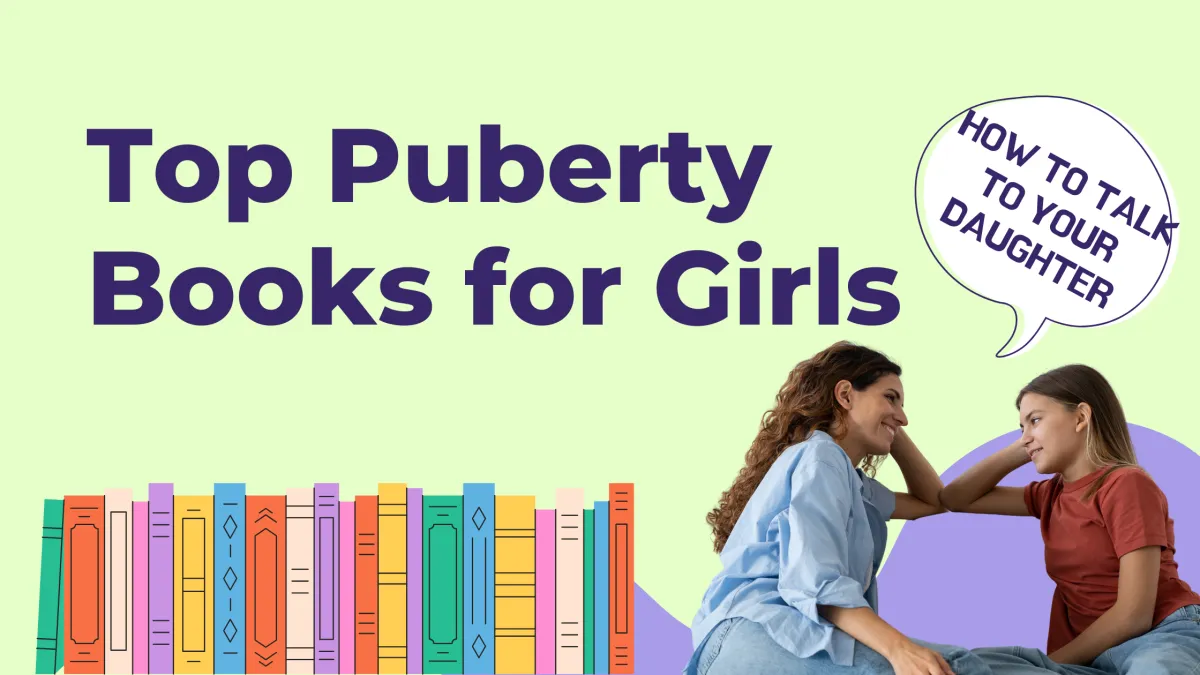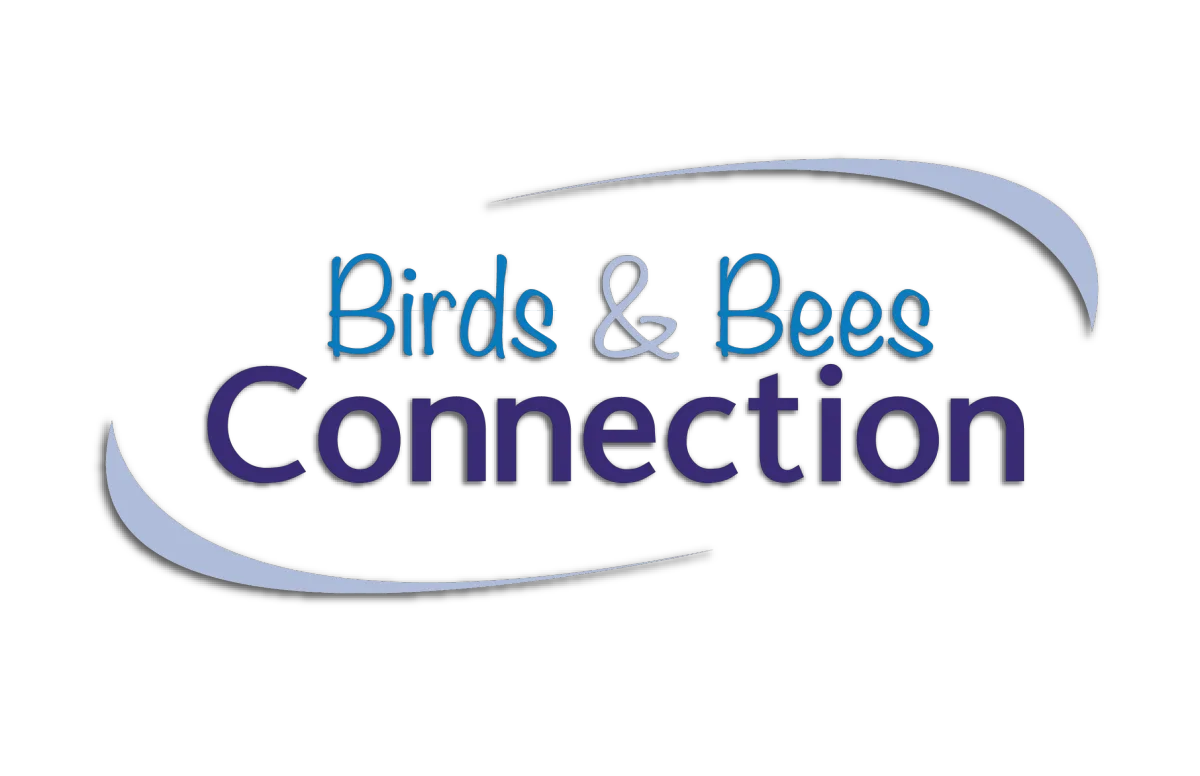
Top Puberty Books for Girls: How to Talk to Your Daughter
If you’ve been avoiding the “talk” because you’re not sure how to start, don’t stress. You’re not alone. Whether you’re a mom, dad, or another awesome adult in her life, you can absolutely make this conversation feel less like a cringe-fest and more like a bonding moment.
And dads—this includes you! You might be wondering if you’re qualified to talk about all the confusing changes happening, but trust me: your role in this journey is huge. You’re the calming force when hormones get wild, the comic relief when periods become a bit too much to handle, and sometimes, the voice of reason when things get a little...awkward. (It’s okay to laugh—really, it is.)
In this post, I’m going to introduce you to two fantastic books that make puberty a whole lot easier to discuss—and yes, I promise they won’t make you want to crawl under the couch in embarrassment.
Care And Keeping of You (American Girl)
This classic has been a trusted resource since the 1990s, and many girls in my classes are already familiar with it. What makes this book exceptional is its comprehensive approach to puberty topics, including hair care, bodily changes, hygiene, nutrition, fitness, and menstruation. The illustrations thoughtfully represent diverse body types, showing girls that they come in all shapes and sizes. The book effectively uses humor to educate—a technique I've found extremely valuable when discussing these sometimes awkward topics.
Girls Guide to Becoming a Teen (American Medical Association)
![American Medical Association Girl's Guide to Becoming a Teen [Book] American Medical Association Girl's Guide to Becoming a Teen [Book]](https://m.media-amazon.com/images/I/71nckFB8eSL.jpg)
While the American Girl book is perfect for girls just entering puberty, this book takes things a step further for girls experiencing menstruation and navigating the emotional complexities of adolescence. It covers similar body-focused topics and addresses relationships, sexuality, peer pressure, and emotional well-being. I particularly appreciate its guidance on helping girls understand their feelings and develop a sense of belonging during this challenging time.
🐝 Use These Books as Conversation Starters
Both books provide excellent opportunities for meaningful discussions with your daughter. Here's how to approach these conversations (whether you're a mother, father, or any parent figure):
Do your homework: Read the book before sharing it with your daughter so you're prepared for questions.
Expect resistance: Don't be discouraged by initial eye-rolling, attitude, or claims of "I already know all this!" This is normal defensive behavior.
Start with easy topics: Begin with less personal subjects like "What do you think about the illustrations in the book? Do they seem realistic to you?"
Ask open-ended questions: Then give her time to respond before jumping in with your thoughts.
Focus on discussion, not lecturing: Create an atmosphere of mutual conversation rather than one-sided education. Your goal is to establish an open channel for future discussions.
Avoid getting preachy: Nothing shuts down a conversation faster than a lecture.
Use humor: Finding moments to laugh together helps break tension and makes difficult topics more approachable.
Share your own experiences: A brief, age-appropriate story from your own puberty can help normalize what she's going through.
Celebrate the conversation: Acknowledge her willingness to talk and perhaps follow up with a small treat or activity you both enjoy—this reinforces that these discussions aren't something to dread.
Remember, your goal isn't to have one perfect conversation that covers everything. Instead, you're establishing a pattern of open communication that will serve you both through the coming years of development and change.
🐝 Creating an Inclusive Environment for All Youth
These conversations are important regardless of your family structure—whether you're a single parent, a same-sex parent, grandparents raising children, or any other caregiving arrangement. Whether you have a child on the spectrum or LGBTQ, the conversations are vital, though they might need some special resources. The most important factor isn't who is having the conversation but that someone trusted has created a safe space for questions and discussion. When discussing puberty, focus on body parts and functions rather than making assumptions about future attraction or relationships. Let your child know that diversity in gender expression and sexual orientation is natural and that you're there to support them unconditionally through their unique journey of self-discovery.
Don’t hesitate to reach out to me with any questions or if you are looking for resources. I’m here to help and support you so it becomes a positive experience for parent and child.
Don't miss a beat! Join our email list 🐝
Subscribe for monthly newsletters, blogs, referral perks, and more.
It's free to join and you can unsubscribe at any time.
🐝 Contact Leslie
(949) 394-1556
leslie@leslie-dixon.com
Cancellation Policy:
We require a minimum of 48 hours notice if you cannot attend a scheduled class.
Refunds are not offered. If you do cancel within the notice period, you will receive a class credit that can be applied towards a future class, including hosting a class or an Open to the Public class.


